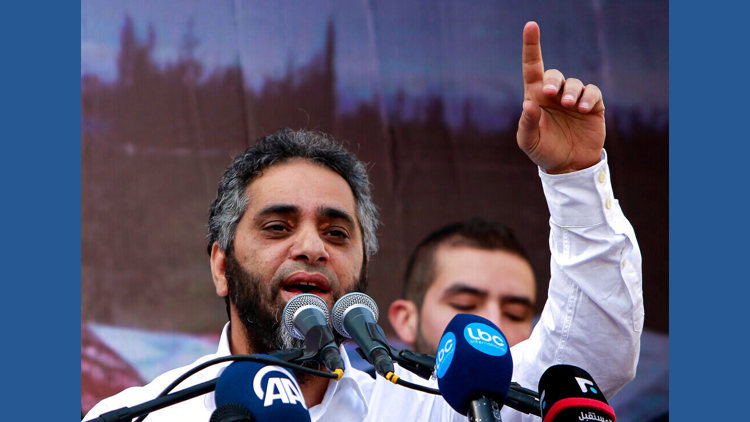A former Lebanese pop star turned Islamist militant, Fadel Shaker, made his first court appearance in Beirut on March 15, 2024, after evading authorities for twelve years. Shaker, known for his music career in the early 2000s, surrendered to Lebanese authorities earlier this month, marking a significant turn in a case that has captivated both fans and critics alike.
Shaker initially rose to fame with his catchy pop hits, becoming a household name in Lebanon. However, his life took a drastic turn when he became involved with extremist groups, leading to multiple charges, including terrorism. His transformation from a celebrated artist to a wanted figure has sparked widespread discussion about radicalization in the region.
Background on Fadel Shaker
Born in 1979 in the city of Sidon, Fadel Shaker gained popularity for his romantic ballads. His music resonated with many, and he enjoyed a successful career until 2011. Amid the turmoil of the Lebanese civil unrest, he declared his support for militant groups, which ultimately led to his disappearance from the public eye. His case highlights the complexities of celebrity culture in the context of political and religious extremism.
In 2013, Shaker was linked to the Islamic State and was accused of participating in armed conflicts against the Lebanese Army. His actions prompted an investigation that categorized him as a fugitive, and he became one of the most wanted individuals in Lebanon. Reports indicated that he had been hiding in various locations, including Palestinian refugee camps.
Legal Proceedings and Public Reaction
Shaker’s recent surrender to authorities has led to a renewed public interest in his case. His court appearance in Beirut was marked by a significant media presence, reflecting the enduring fascination with his dual identity as a pop star and militant. Legal experts suggest that his case may involve complex political and social implications, given Lebanon’s history of sectarian strife.
The reaction from the public has been mixed. Some view him as a tragic figure who succumbed to radical influences, while others see him as a symbol of the dangers posed by extremist ideologies. The Lebanese judiciary is now tasked with addressing the legal ramifications of Shaker’s actions, which could result in severe penalties, including imprisonment.
As the case unfolds, it raises questions about the broader issues of radicalization and reintegration of former militants in Lebanese society. Shaker’s story serves as a cautionary tale about the consequences of extremism and the challenges of reclaiming a lost identity.
Shaker’s next court date has not yet been announced, but his case will likely remain in the spotlight as it develops. The legal proceedings will not only determine his fate but also reflect the ongoing struggle Lebanon faces in reconciling its past with its present.





































































